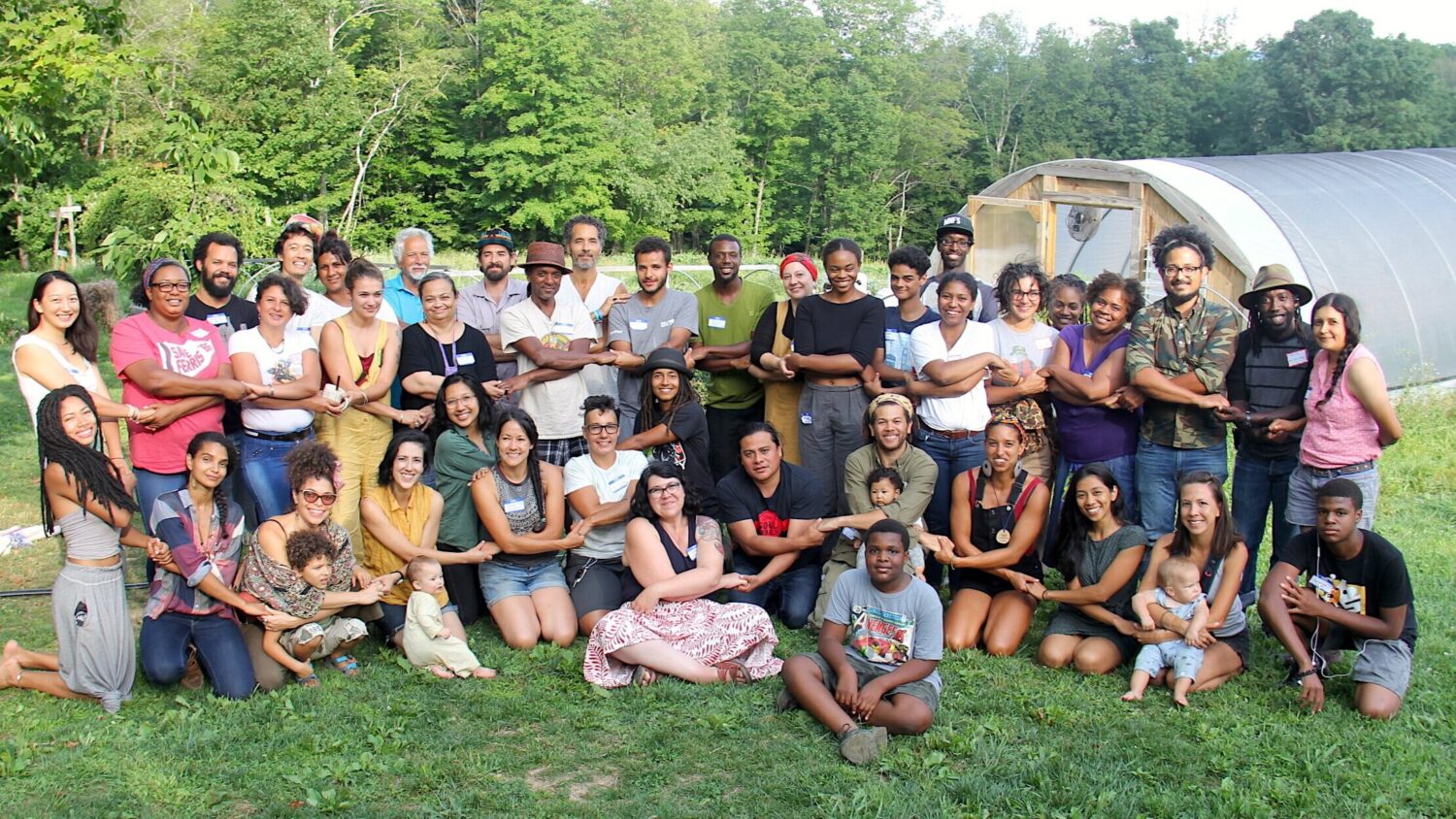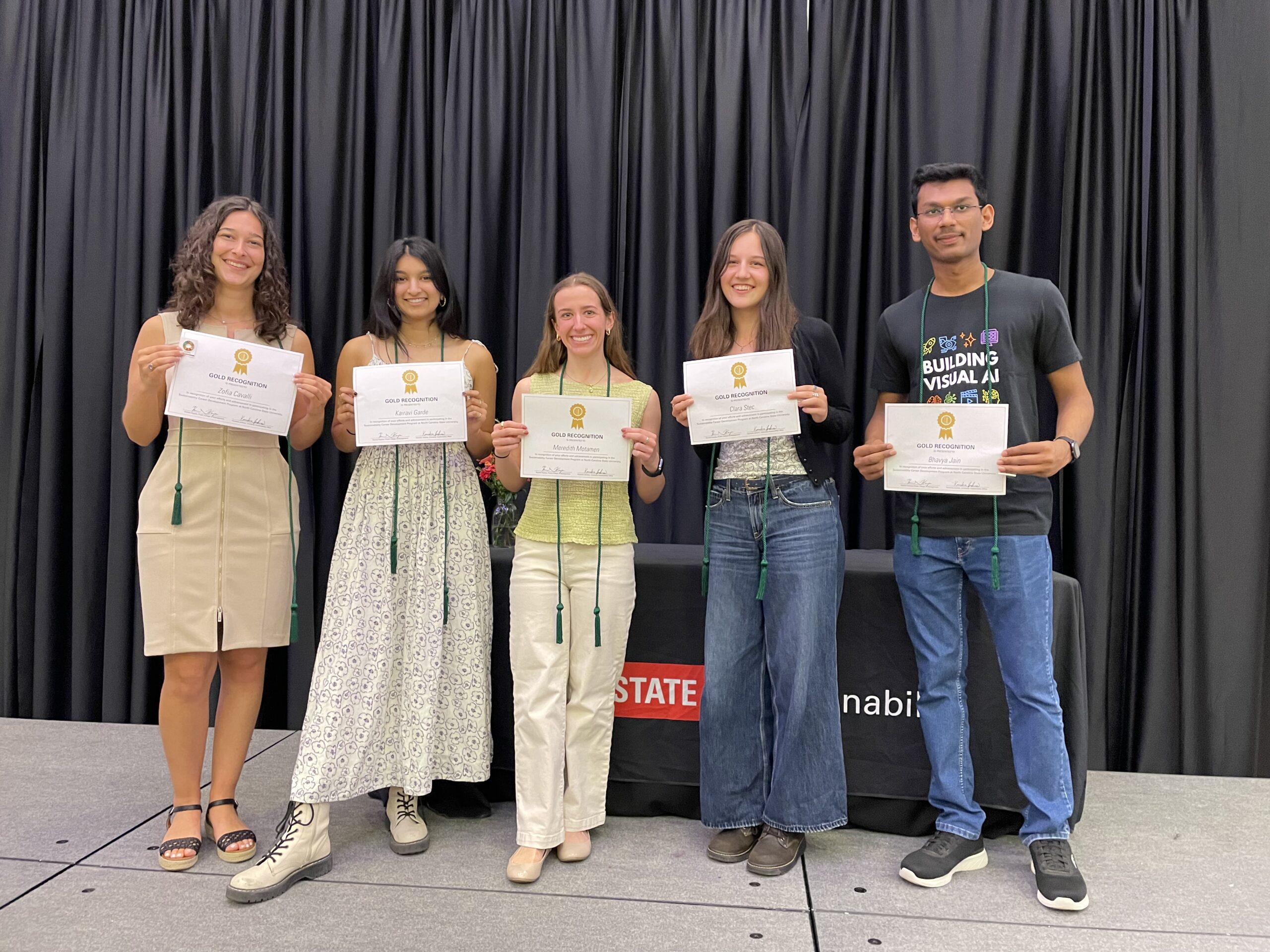How Farmers in the U.S. Are Uniting During COVID-19

Congratulations to Olivia Watkins for being named on the Forbes 30 Under 30 2021 List!
Olivia Watkins, a current Jenkins MBA student, was named one of Forbes 30 Under 30 for social impact for her work with the Black Farmer Fund. Watkins took notice that in the state of New York there are 57,000 farmers but only 139 are Black and wanted to find a way to support them. Watkins is the co-founder of the Black Farmer Fund which works towards building a resilient food ecosystem and community investment fund to better support Black farmers. Read more about the recognition in Forbes and more about Olivia and her work with the Black Farmer Fund below.
Written by Olivia Watkins, BSC Associate, Jenkins MBA Candidate and Co-founder of the The Black Farmer Fund
During my time as an MBA student at North Carolina State University and an Associate with the Business Sustainability Collaborative, I co-founded Black Farmer Fund to support efforts for BIPOC (black, indigenous, people of color) farmers and food businesses in the northeast to access financial resources and support.
Amidst this COVID-19 pandemic, farmers across the US have been deemed essential workers and have not had their operations restricted. While this categorization allows farmers to continue their business operations, the pandemic has put many unexpected pressures on food systems across the country. Demand for locally-sourced produce has increased as inefficiencies and cracks in the food system have been revealed with this pandemic. One flaw in our food system is that 85% of our food is grown by immigrant farmworkers who continue to experience unsafe working conditions and few labor protections. Another effect of the pandemic is that consumers have emptied the shelves of grocery stores and are turning to farmer’s markets and buying directly from farmers. Small-scale local farmers are met with increased demand but do not have the infrastructure yet to meet that demand. Because the agriculture system operates within the economies of scale framework, most small-scale farm enterprises have difficulty balancing remaining small and serving the local community while still being profitable.
So – what do we do to support small-scale farmers and immigrant farmworkers? This isn’t an easy answer as there many layers and nuanced challenges to this. Throughout history, we have seen an increase in resiliency when communities come together to support one another. This is exactly what is happening. A community of BIPOC farmers in the Northeast have united to provide each other with access to information and resources that have the potential to support the farmers through this pandemic. Bi-monthly, this community of farmers hosts Zoom webinars inviting experts to talk on topics ranging from COVID-19 medical information and spiritual wellness to backyard gardening and food distribution. This collaboration between Northeast Farmers of Color, Soul Fire Farm, Black Farmer Fund, HEAL Food Alliance, and Castanea Fellowship gathers BIPOC farmers together with a live-translation to support a Spanish-speaking audience.
Additionally, a living resource list is being compiled containing offers and needs for mutual aid during this time of COVID-19. The Food & Land Sovereignty Resource List for COVID-19 was started in March 2019 by Black Farmer Fund, Northeast Farmers of Color, and Soul Fire Farm. There is a section of this resource list that includes support specifically for BIPOC farmers and their families, who are currently experiencing the highest vulnerability to COVID-19 due to factors like job layoffs, environmental racism, and lack of access to health care.
This resource list and webinars is a beautiful example of what happens when communities come together to support one another during times of difficulty and uncertainty. Being a part of these efforts has been fulfilling and has kept my spirits high despite this rough time we are collectively experiencing globally. I challenge you to find ways to support small-scale farmers and immigrant farmworkers in your area by submitting offers for support on the resource list and checking out this reparations map where you can support growing farm operations in your area.


